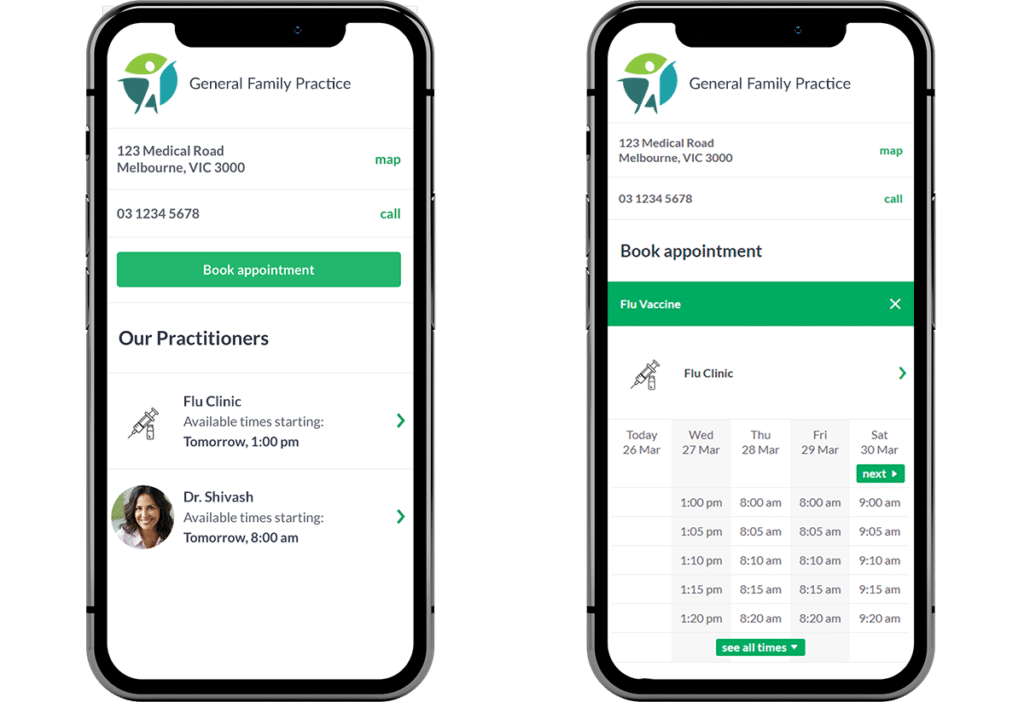For the best part of two millennia pharmacists and physicians have gone head to head. We can travel back to 500 AD Japan to see this when the nation had just unified under a single kingdom. During this period of cultural import, pharmacists and their assistants were assigned status superior to all others in health-related fields, including physicians. In the Imperial Japanese household, the pharmacist was even ranked above the two personal physicians of the Emperor.
Fast forward to the 12th century and we begin to see pharmacy-like stores popping up all across Europe. In 1240, when the Roman Empire was growing at its fastest rate, Roman Emperor Frederick II saw this rise in pharmacies and issued a mandate in which the physician’s and the pharmacist’s professions were officially separated.
By the early 1900s the typical American drugstore with a soda fountain began to appear on every US street corner. As pharmacies became more common pharmacists began to lose ground on GPs as the more distinguished of the two professions.
In 1902 physicians took another step closer to pharmacists after several tetanus outbreaks and a number of deaths caused by the distribution of a contaminated smallpox vaccine led to the writing of the Biologics Control Act. It required the federal government to grant premarket approval for every biological drug produced and permitted only approved pharmacists to administer drugs.
While regulating the pharmaceutical market cleaned up the quality of goods it had the opposite effect intended when it came to putting patients first. Over the next century the commodification of prescription drugs skyrocketed. Pharmacies evolved from small corner stores to behemoth department chains that operated more like grocery stores than prescription outlets.
Today, we see the biggest pharmacy players on TV and billboards, and on every street corner. They are monopolising the market and if you ask a GP on a bad day, they’ll tell you they’re even prepared to run at a loss administering flu jabs if it means selling customers something else.
The flu season turf war
In 2015, the turf war really took off in Australia when in the hope of reducing flu deaths the government authorised trained pharmacists to administer approved vaccines to individuals. AMA’s president, Dr. Tony Bartone, made it clear that he thought pharmacist’s incentives diverged from those of physicians and suggested that pharmacies lacked the professionalism of GPs when it came to vaccinating people.
He pointed to pharmacies releasing vaccines too early and sometimes charging a fee to populations who were entitled to a free influenza vaccination as his biggest concerns.
In many ways, Dr. Bartone is right. The incentive for a pharmacy to provide a flu vaccination is vastly different to the incentive for a GP.
“Pharmacies see flu vaccinations as an opportunity to fill a patient’s shopping cart with protein powder, weight loss kits and baby formula. On the other hand, GPs see flu vaccinations as an opportunity to reconnect with a patient and conduct a more thorough check-up.”
Still, you can’t fault The Pharmacy Guild of Australia’s response. They say they’re committed to maximising the uptake of flu vaccines to lower rates of influenza, which at the end of the day is a better health outcome for Australians. This help from pharmacists is working too.
Last year, pharmacies delivered some 85,000 immunisations. And, while 73 Australians still died from the flu, there were more than 1,000 fewer lives lost from the infectious disease than the year before. In total, 52,000 cases of the flu were reported in 2018, compared with nearly 250,000 cases the year prior.
Of course, GPs provided far more vaccinations than pharmacists, but the real win for the Australian people is the two professions working together to provide a better health outcome.
The real argument at hand
This is where it gets complicated. If better health outcomes are associated with fewer flu deaths, then surely having pharmacies involved with flu vaccinations is a good thing? Especially when we consider that pharmacists have been helping GPs with Home Medicine Reviews for some time now.
Unless, of course, pharmacies getting involved degrades the standard of healthcare GPs have spent millennia building up. After all, when pharmacies do enter the game they tend to focus on profit and play hard. It could also be said that adding more health practitioners to the mix encourages a shop-around culture and blurs the line between pharmacists and GPs. Many fear that this has the potential to degrade the patient experience when people start to consider a trip to the pharmacy as good as seeing a doctor.
How clinics can compete with pharmacies
Regardless of where you stand on the argument, the reality is that pharmacies are in the game. So, how do you compete to retain your patients when the big players have such deep pockets? Well, the short answer is that you communicate with your patients early to let them know you have a flu clinic coming.
Before notifying patients that you have a flu clinic coming up, it’s important that you prepare your clinic. If you’re a HotDoc clinic you can get help preparing by downloading our free Flu Clinic Kit-HotDoc Clinic. If you’re not a HotDoc clinic, you can download this Flu Clinic Kit-Non-HotDoc Clinic.
Each Flu Clinic Kit includes waiting room posters and Facebook posts to help you drive bookings, a checklist of everything you need to consider prior to running your flu clinic and a guide that shows you how to easily create a ‘flu clinic practitioner’ in HotDoc.
A ‘flu clinic practitioner’ is essentially a doctor’s profile set up in your bookings provider named ‘Flu Clinic’ or any other name you would like to call your flu clinic. This makes it easy for patients to book in directly for a flu vaccination, while allowing you to manage all of your flu clinic bookings in one place.

Pictured: How a ‘flu clinic practitioner’ appears to a patient when set up in HotDoc
As well as driving more bookings, setting up a ‘flu clinic practitioner’ gives you the flexibility to switch your nurses and doctors in and out of the clinic without disrupting the schedule.
Encourage your patients to book
Once you have your flu clinic profile setup, we can also help you notify your patients about your flu clinic using HotDoc Inform Broadcast. The tool allows you to send an SMS out to patients letting them know when your flu clinic is available. The SMS can include a link directly to your ‘flu clinic practitioner’, so patients can book in directly for a flu shot well in advance.
Case Study: 30 Flu Clinic Bookings in 24hrs Using HotDoc Inform Broadcast
Above: Explainer video on HotDoc Inform



